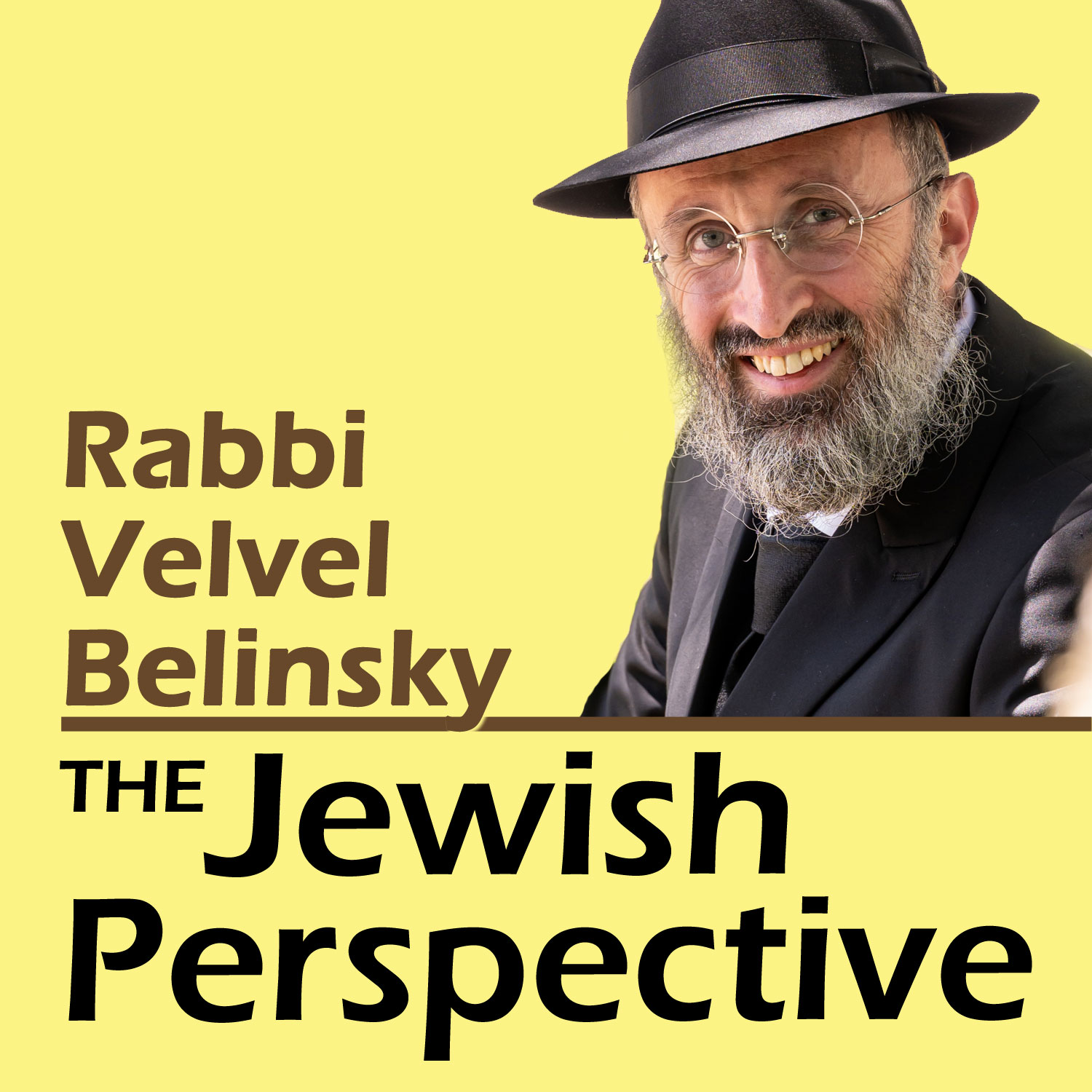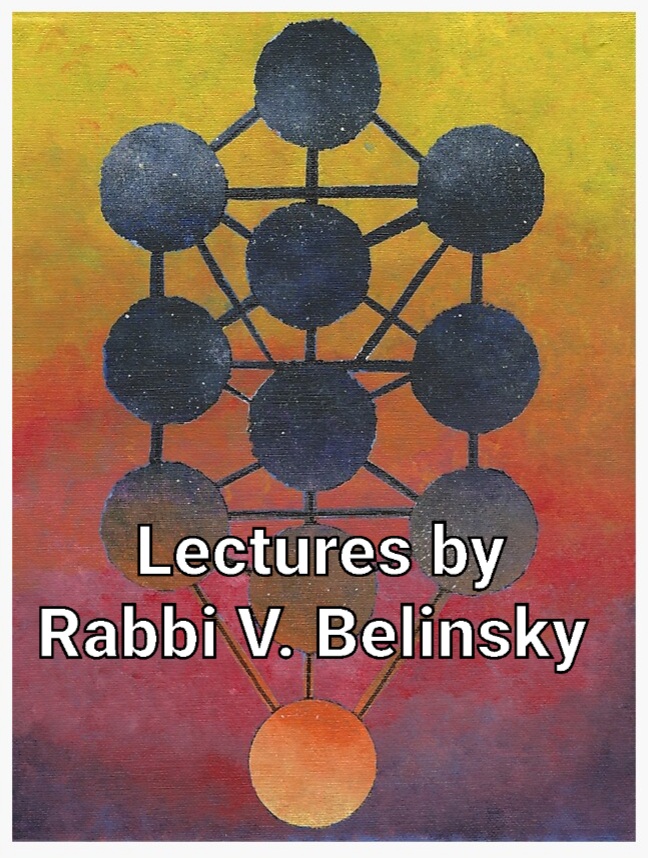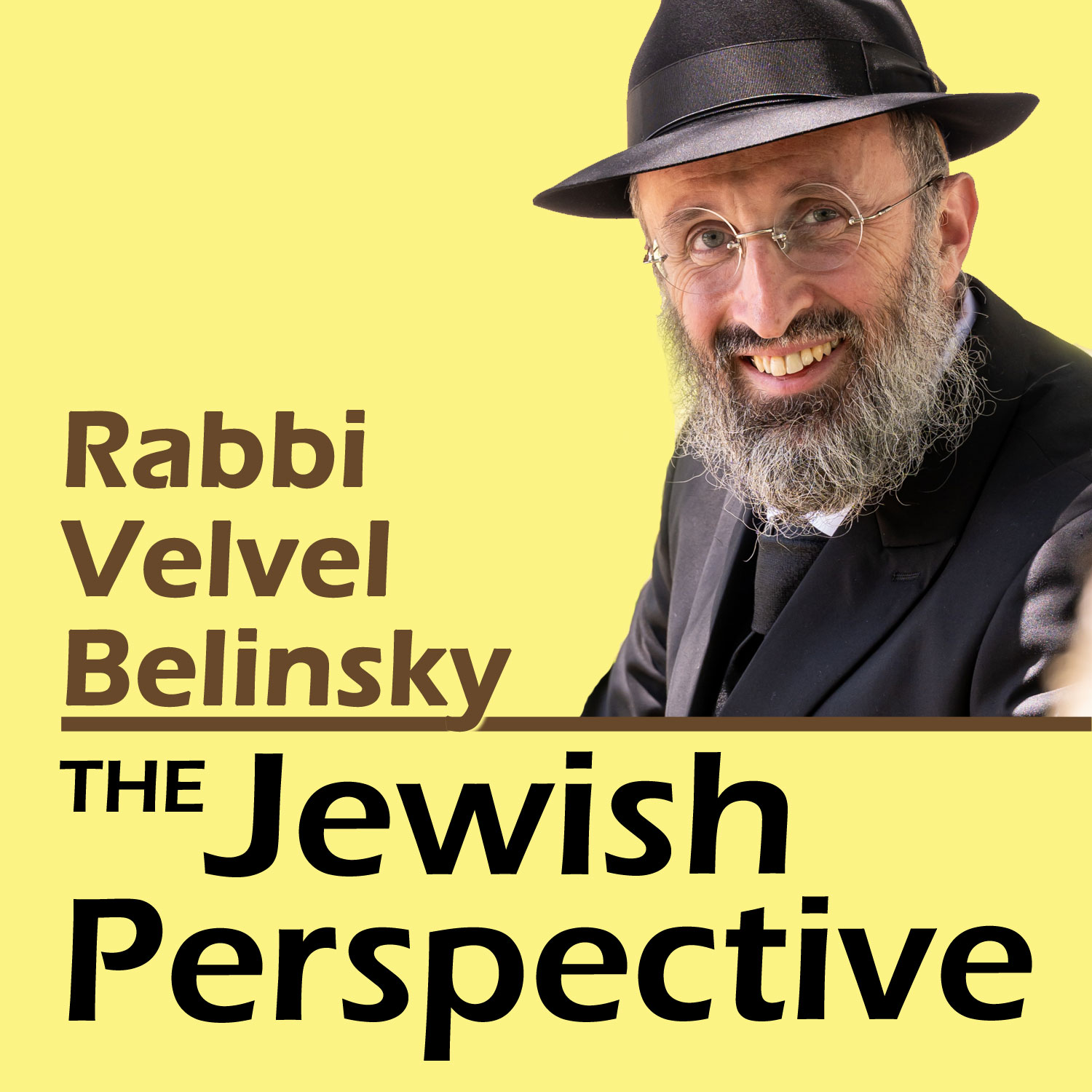Episode Transcript
[00:00:00] The Torah is telling us that every single day when we go to sleep, we experience a little bit of death, a little bit of passing away. It says that when person falls asleep, it is 1/60 of death.
[00:00:22] Why is it because his soul is partially departing from his body?
[00:00:29] As a matter of fact, it's brought down elsewhere in Kabbalah that if you will think of it, there's a very smart and very wise person, but in his sleep he could end up doing very stupid things. He could just turn around and knock over a vase. That costs a lot of money.
[00:00:49] And you look at him, you'll say, you are so stupid. Why'd you do it?
[00:00:53] The answer is because his brain faculty wasn't there. We know some people speak in their sleep, and when they speak in their sleep, they could say very silly things, even though they're very smart people.
[00:01:07] And this is again because their ability to express themselves and their thought is not there.
[00:01:15] So when we go to sleep, our soul is partially leaving our body, and this is why we are in a state of sleep.
[00:01:26] So then when we wake up, our soul comes back into our body fully.
[00:01:32] And this is our ability to start a new day. And as a matter of fact, it said that there is a spiritual reason why God created us in a way that we need to go to sleep every single day.
[00:01:44] You'll think of it, we could have possibly ran 247 without sleep. I bet you we would be far more productive. We would be able to accomplish much more.
[00:01:56] But God didn't make us this way. And this is for a reason. It's not only for biological reasons that we need to have all the processes that take place in our body during our sleep. We need to have room for them during our schedule. It's not only that. It is also because we are given a chance to start anew every single day.
[00:02:16] We are given a chance to start from fresh start.
[00:02:20] And when we wake up, our soul is coming back into us and we have a chance to start a new day.
[00:02:27] And this is why when we wake up, the first thing that our law is prescribing us to do when we wake up, still, when we are still in bed, we say, I thank you, my God. Melechay Vekayam, an everlasting king, Sheikh Hazart ha Binishmati, that you return my soul to me, Rabba imunatecha Great is my faith into you.
[00:02:54] So we are thanking God. We are acknowledging that God is the one who gives us our soul in the first place. And we are acknowledging the fact that God granted us a new day, a new start, a new opportunity.
[00:03:06] And we know that when we wake up in the morning, our hands are spiritually impure. And that's why we need to wash our hands before we go on with our day. And for sure, we have to wash our hands before we do anything that is associated with holiness, before we pray, before we put on tefillin, before we do anything else, before we eat.
[00:03:27] But this phrase is said even before we wash our hands, right when we wake up.
[00:03:34] There is a legalistic, technical explanation to it. And this is because we would not pronounce God's name with unclean hands. And that's why we cannot pray or say blessings. But this phrase, as a matter of fact, if you look at it, does not have any God's names. It suggests Melech Chayvekayam, an everlasting king, which is a reference to God, but it's not his name. We're not calling him by his name. This is why, from the legal perspective, we are allowed to say it.
[00:04:01] If we say a prayer when we don't pronounce God's name, it could be even more powerful than the one with God's name. Because when I talk to you directly, I'm not going to say your name. I'm just going to say you, and I'm talking directly to you. When we are saying this phrase, we are standing directly before God.
[00:04:21] That's why we don't even pronounce his name. We are right before Him. He just gave us our soul back. And that second we just turn around and say thank you.
[00:04:30] Just like whenever somebody gives something to you, if you respond right away, you say thank you. You don't even need to say his or her name. You just say thank you. If you are writing him an email later on, you will say, dear John, thank you very much for your present.
[00:04:47] When you say thank you, when you see him right away, don't say his name. Later on, you say his name. Why? Because when you say thank you right away, that's your direct interaction, which is attached to whatever this John did to you.
[00:05:00] So same thing with God. This is our thank you that we tell him right away when he gives us our life back. That's why it's important to say it right away.
[00:05:10] And also very interesting that usually in Hebrew, structure of a sentence, in Hebrew grammar, you would say I thank you. Just like in English, I thank you. If you will look at the way this phrase is formed, it's very different. It doesn't Say I thank you. It says thank I you means think, think I you, which even in English doesn't sound right.
[00:05:37] And this is because we want to make sure that the first phrase we say will not be I will be think.
[00:05:44] It doesn't start with me. It starts with my appreciation.
[00:05:48] That's the beginning. That's a start who appreciates me, But I start with the word mode thank you.
[00:05:55] So this is why this phrase is so important. And we say it every single day. It is our custom to say it while we are still sitting in a bed.
[00:06:02] And you know, we just have to make sure that our keeper is on, which sometimes falls off during sleep. And then we say, we say thank you God for returning my soul.
[00:06:12] And.
[00:06:14] And this is how we start our day. Why? Because the beginning of our day is setting the tone for the rest of the day. It's throughout our day we might be preoccupied with completely non Jewish mundane secular activities.
[00:06:30] But if the start of the day is from thanking God, this will allow us to continue the entire day. In this vein.
[00:06:40] This is why it's so important to say it right away from the very beginning.
[00:06:44] And generally the way we start the day should be very important. We should pay a lot of attention to it. For example, do you know that when the previous Rebbe came here to America first he started establishing Jewish day schools.
[00:06:59] Back then here in America, there was almost no Jewish day schools in any Jewish communities. And he started establishing Jewish day schools.
[00:07:08] And he was insisting that these Jewish day schools would have Jewish subjects first and then secular subjects, then what they call English subjects. And this was counterintuitive because they would usually think that, well, all other schools start their day with general subjects, with secular subjects. And that's what we also do. That's what all the teachers are used to. And then at the end of the day you do your subjects. So the Rebbe was saying that first of all, a child always looks at everything around and absorbs information about the priorities people have. And usually it's not even spoken. It's the non spoken messages that the child absorbs the most. And child always knows that what comes first is the most important.
[00:07:57] So if you teach him biology and chemistry first, he, you'll know that this is more important than his Jewish subjects.
[00:08:05] And they were saying that it's very important to start a day with the Jewish subject that creates an environment and sets a child up for the entire day. And that sends a message. This was important and therefore wanted our day to start with the Jewish subjects. And this is the same reason why we always start a day with our prayer. Shachri's morning prayer starts off our day and many other examples how we do things in the beginning. For example, even making a blessing, we make a blessing before the first bite of the food and then the rest of the meal we eat without any blessings. You'll say, well one second. If you don't make a blessing on every single bite you are taking, then why do you even say it by the first one? It like does make sense. Well it sets the tone for the rest of the meal.
[00:08:47] So this is setting the tone for the rest of the day. That's why Modani is so important.


